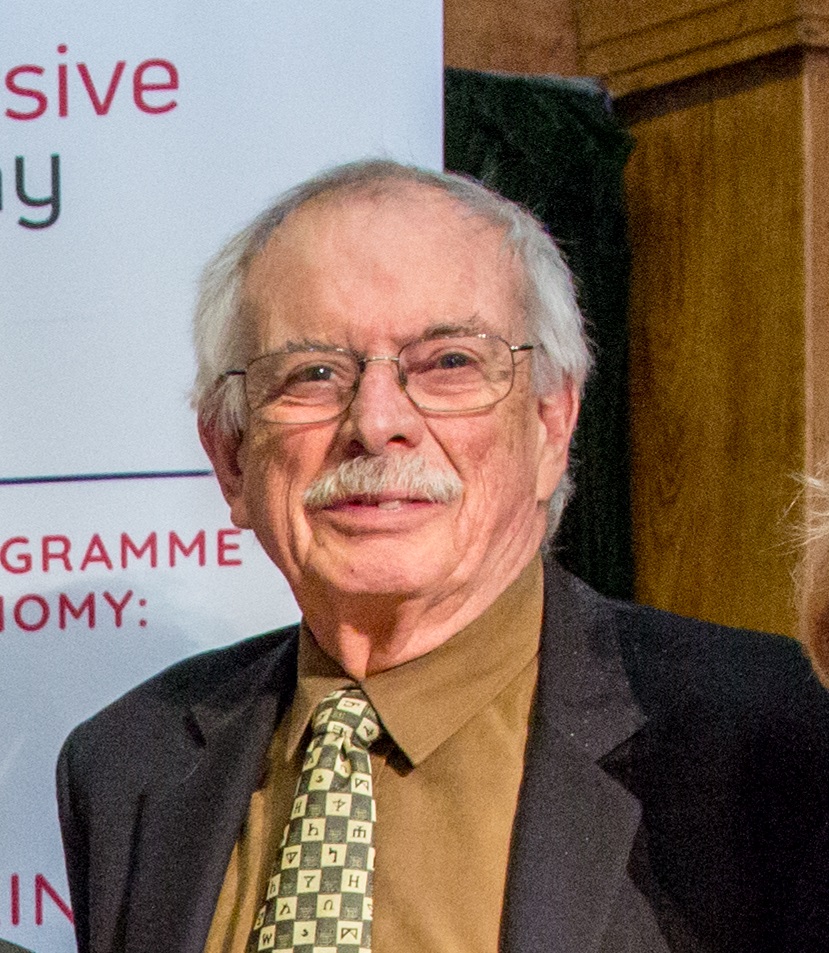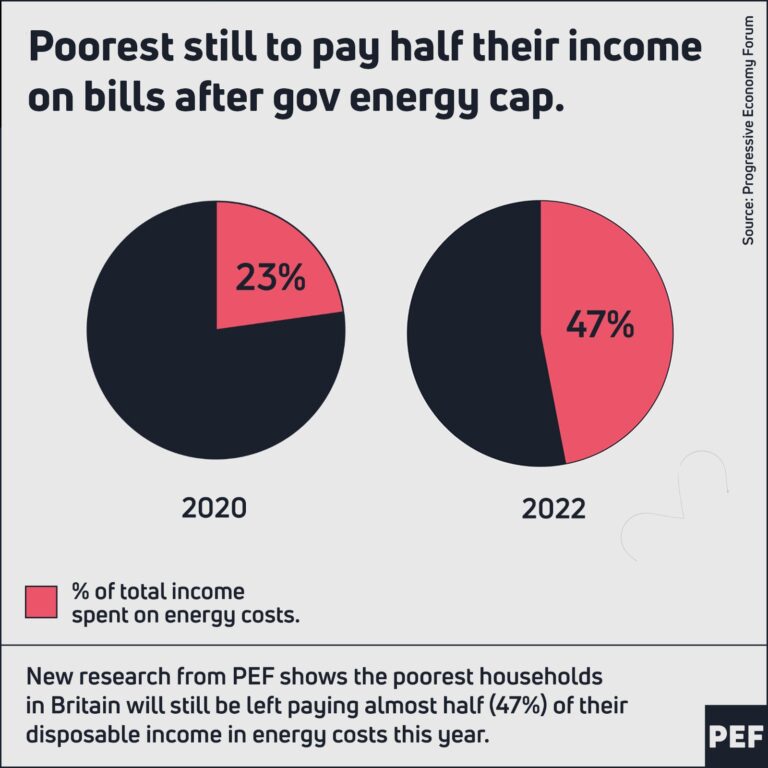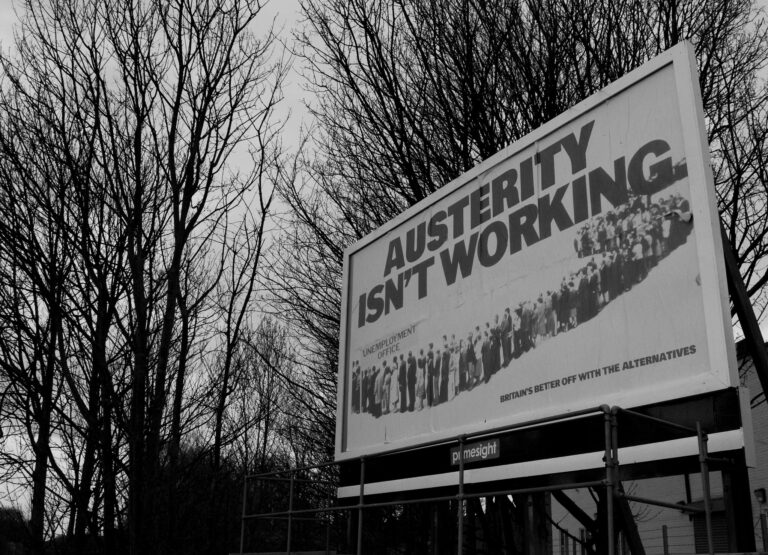In the face of growing pressure on the Conservatives to call time on public spending cuts, the Chancellor is using Brexit uncertainty as ideological cover for the continuation of austerity.
Willie McBride, captain of the famous 1974 British Lions rugby team, famously told his team mates before a match with South Africa, to “get your retaliation in first”. Operating on the same principle, the Chancellor busily gets his excuses in first in the run-up to his budget on 29 October.
Recently, Mr Hammond promised to “pave the way” for the end of austerity should there be a good Brexit deal. This good deal, he maintained, might bring a double bonus. The first bonus in question would come from improved growth following the good deal, with increased growth generating increased revenue.
The second bonus will arise from something Mr Hammond calls a “fiscal buffer”. To quote the Chancellor himself on this unfamiliar concept (which the Guardian identifies as £15 billion), “As uncertainty is unwound and we’re in more favourable circumstances, logically, one would need less of a fiscal buffer and some of that could be released for to support [sic] the spending envelope or to deliver tax cuts”. This term, which the Chancellor may have created for the occasion, seems to mean little more that not spending.
If my interpretation is correct, I can translate his sentence into simple English — “when the Brexit outcome is clear I will authorize more spending or lower taxes”. From this translation we can derive a clear message. The budget date is 29 October. The probability is nil that Brexit “uncertainty is unwound” by 29 October. Therefore, using Mr Hammond’s logic, the “favourable circumstances” necessary for more spending or less tax will not occur in time for the budget.
Simply put, Mr Hammond has got his excuses in first. To paraphrase Winston Churchill (Mansion House speech 10 November 1942): “29 October will not be the end of austerity, it will not even be the beginning of the end of austerity; but it will be, perhaps, my excuse for more of the same”.
The Chancellor has no “fiscal buffer”. No such concept or category exists in the Treasury. The “savings” that the Guardian credits Mr Hammond as accumulating “this year” do not exist. This conjectured £15 billion is nothing more than austerity itself – not funding public services. However, the imaginary Brexit dividend is, indeed, a “double bonus”.
First, it serves as propaganda to support the Prime Minister’s fight for votes on her soon-to-emerge agreement with EU leaders – “vote against the PM’s plan and you undermined public finances”. Along with this transparently bogus bonus goes the second, Mr Hammond’s ready excuse to continue austerity – “the Brexit uncertainty remains so additional spending will be reckless”.
The putative Brexit uncertainty is an ideological gift that keeps on giving. In reality, if the May government does not fall, Brexit “uncertainty” will continue far beyond 29 March 2019, providing justification for austerity till end of Tory days.
It is clear that the May government feels that it must hold out the promise of ending austerity. Theresa May offered that hope in her Conference speech and now her Chancellor repeats it, neither telling the public how it would be achieved.
They do not tell us how because the answer cannot be spoken. Austerity will end when the Tory government ends and a progressive one replaces it. It’s that simple.
Photo credit: EU2017EE Estonian Presidency / Flickr








